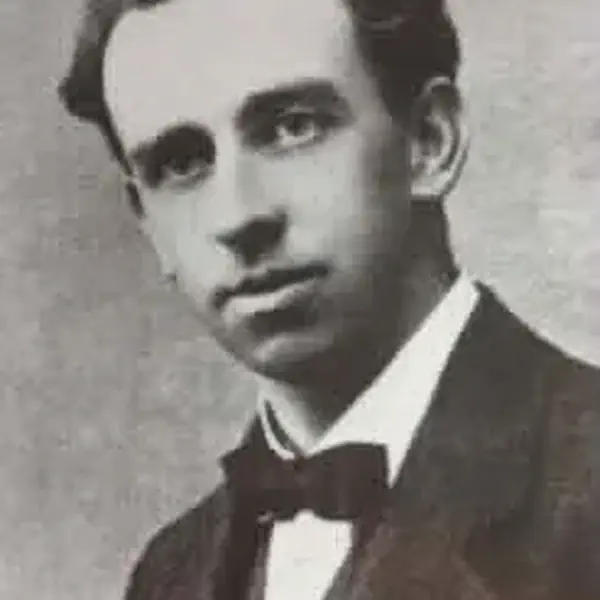
Donagh MacDonagh, Son of Thomas MacDonagh, Born in Dublin
November 22, 1912
Donagh MacDonagh (22 November 1912 – 1 January 1968) was an Irish writer, judge, presenter, broadcaster, and playwright.
MacDonagh was born in Dublin on St Cecilia’s Day in 1912. He was still a young child when his father Thomas MacDonagh, an Irish nationalist and poet, was executed in 1916.
Donagh MacDonagh, the son of Thomas MacDonagh, was born in Dublin. Donagh MacDonagh was born on November 22, 1912. He followed in his father’s footsteps as a talented writer and made significant contributions to Irish literature and the arts.
Family Background
Donagh MacDonagh’s father, Thomas MacDonagh, (1 February 1878 – 3 May 1916) was a prominent Irish poet, playwright, and nationalist who was one of the leaders executed following the Easter Rising in 1916.
Education
Donagh MacDonagh studied at University College Dublin (UCD) and later qualified as a barrister. In addition to his legal career, he pursued his passion for literature and the arts.
Literary Career
Donagh MacDonagh was a versatile writer, excelling in poetry, drama, and prose. He wrote poetry collections and plays, contributing to the vibrant cultural scene in post-independence Ireland.
Broadcasting
In addition to his work as a writer, Donagh MacDonagh had a notable career in broadcasting. He became a familiar voice on Radio Éireann (the state radio broadcaster) and contributed to various programs.
Legal Career
Donagh MacDonagh practiced as a barrister and later became a judge. His legal career ran concurrently with his literary pursuits.
Marriage to Maureen Potter
Donagh MacDonagh married the well-known actress and comedian Maureen Potter. Their marriage was a notable union between two prominent figures in the Irish arts scene.
Donagh MacDonagh’s contributions to Irish culture and his commitment to both the literary and legal professions left a lasting impact. His works continue to be appreciated for their artistic and historical significance.